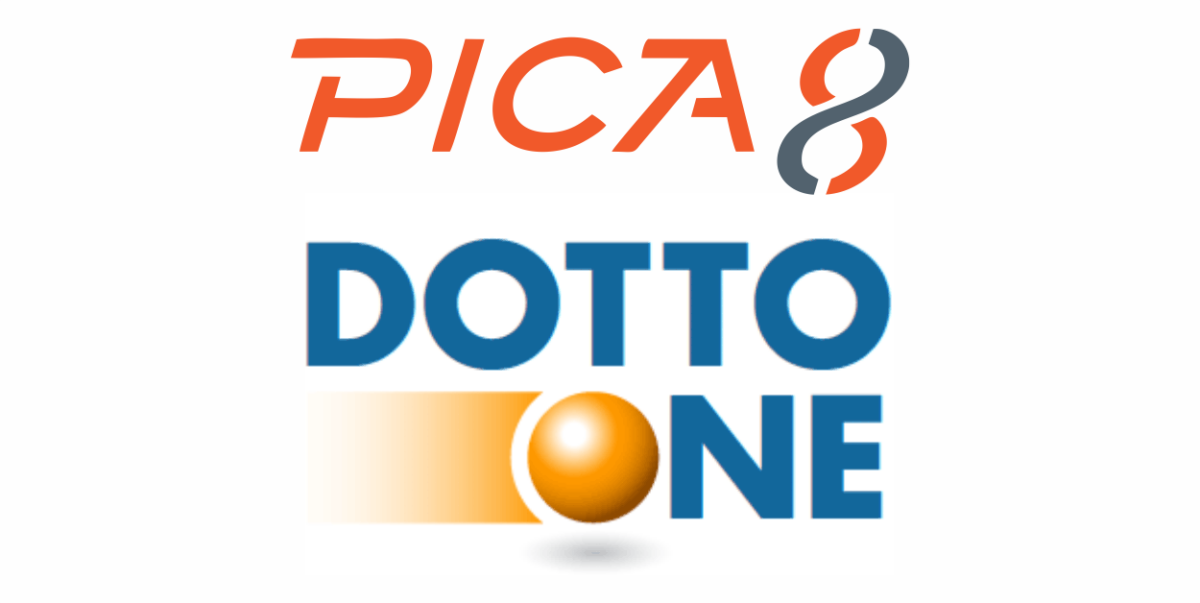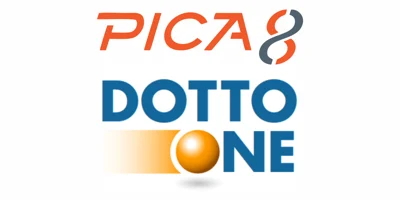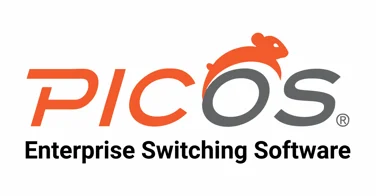Internet Service Provider Dotto-One Has Success With Pica8
Kelly LeBlanc
on
10 2 月, 2022


Featuring Guest Author Ian MacDonald of Dotto-One
Dotto-One is an Internet Service Provider based in Toronto, Canada.
At Dotto-One we are focused on providing quality, high speed broadband Internet for a reasonable price. A quality service is one that is delivered on a network that adheres to the principals of Net Neutrality while providing the high levels of bandwidth required by today’s media-intensive consumers.
We take pride in development of modern infrastructure services that can both serve our customers directly as well as augment the services of alternative Internet Service Providers (ISPs) in the Greater Toronto Area.
One of the software vendors Dotto-One is currently using for network infrastructure and management is Pica8. Evaluating a Network Operating System for flexibility, capability, and cost-effectiveness can be a daunting task. In our time using Pica8, the products have been able to integrate with our existing infrastructure and provide advanced management features in a reliable manner.
Solution Details
 Our main L3 network operating system is Pica8’s PicOS, which provides transit for a variety of L2 platforms that connect a variety of customer premise platforms based on OpenWRT and Broadcom SDKs.
Our main L3 network operating system is Pica8’s PicOS, which provides transit for a variety of L2 platforms that connect a variety of customer premise platforms based on OpenWRT and Broadcom SDKs.
Pica8 was initially selected circa 2014 as one of the only vendors approaching networking from a software defined perspective. Early on we leveraged integrated OVS capabilities to simplify VLAN tag management for our network devices.
Additionally, the package management framework, based on the same Debian platform as other enterprise systems in our organization, allowed us to extend the functional capabilities of the PicOS switching software based on existing tools, scripts and libraries already well known to our team.
This same underlying package framework simplifies security audit and compliance with the PicOS switching software as it provides a means to link all local component libraries to security-maintained software repositories.
Operational Benefits
Pica8 gives us long term stability with uptimes equal to software release intervals when not influenced by other configuration or power events. PicOS switching software in particular are typically updated only during our annual release schedule due to the fact that software releases typically involve new features and rarely deal with security and functional issues that would have the software dictate an interim change management activity.
In one case a core device, handling data for most of our entire business, is about to be proactively updated to the latest release after exceeding a high-water mark of 3 years of uptime.
Business Benefits
Pica8 continues to support PicOS on hardware platforms after they have reached end of market availability. Having a useful life that exceeds standard depreciation models due to long term software support reduces the need for capital investment to replace hardware that might otherwise be replaced simply because a vendor chooses only to support new and current hardware.
PicOS also runs on white-box hardware preventing vendor lock-in and allowing for hardware procurement from a competitive marketplace of vendors that are implementing very similar performing components. This flexibility in supply chain ultimately reduces capital investment and lowers risk of any major changes in supply chain vendors having a direct impact on our business.
—-

Ian MacDonald is the founder of Dotto-One
- Category: Uncategorized
- Tag: open networking, White Box Networking
